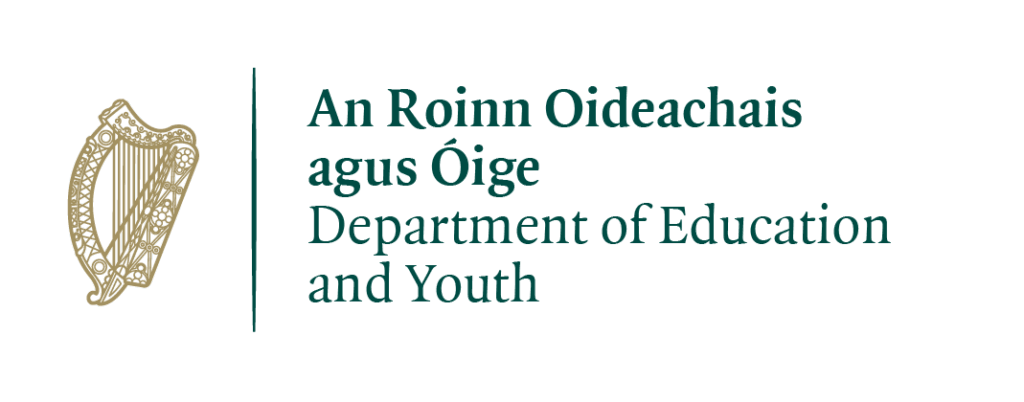Active Learning
Active learning is a form of learning in which teaching strives to involve the students in the learning process more directly than when using other methods..
The method is best summarised by Charles Bonwell, an educationalist, who states that active learning is when students participate actively or experientially in the learning process and when they are doing something besides passively listening.
They must read, write, discuss, or be engaged in solving problems. In other words, they are not only doing learning but also thinking about the learning that they are doing.

In the MFL classroom, this might look like the following:
- rather than explaining a grammar rule to students, the teacher might introduce the grammar rule in context and students have to elicit the rule from the information that they are given.
- rather than writing a paragraph individually, students might be encouraged to write it in pairs to encourage discussion about what they are writing
- rather than just reading a text before answering comprehension questions, students might be asked to do a number of tasks whilst reading such as underlining all the positive adjectives, the connectors and positive opinions before answering the questions
Exemplars:

The Game Box
An adaption from stations
The Game Box
The “Game Box” is an adaptation from stations but in this case students are in groups and are given a box of tasks to choose from but they do not rotate as the rotation comes from the tasks/activities in the box.
Click Here

Flashcards in the MFL Classroom
Can be used by any languages teacher
Fashcards in the MFL Classroom
This presentation was delivered at the CPD day for Heritage and Lesser-taught Language teachers in June 2019 but can be used by any languages teacher.
Click Here

7 Engaging Activities for MFL
7 Engaging Activities for MFL
This log entry gives you 7 ideas of how you can do this in your languages classroom.
Click Here

Active Learning - Cambridge
Active Learning - Cambridge
Active learning means that learners take increasing responsibility for their learning, and that teachers are enablers and activators of learning, rather than lecturers or deliverers of ideas
Click Here
